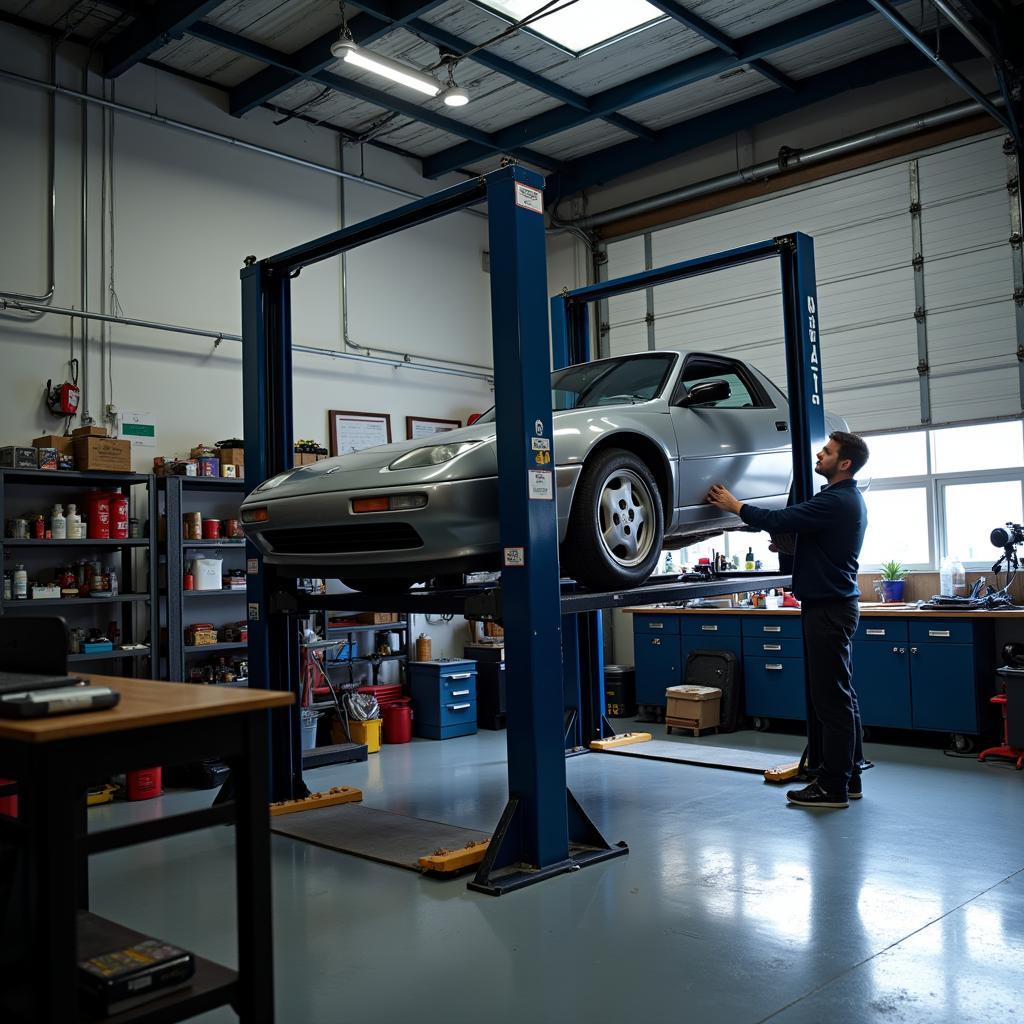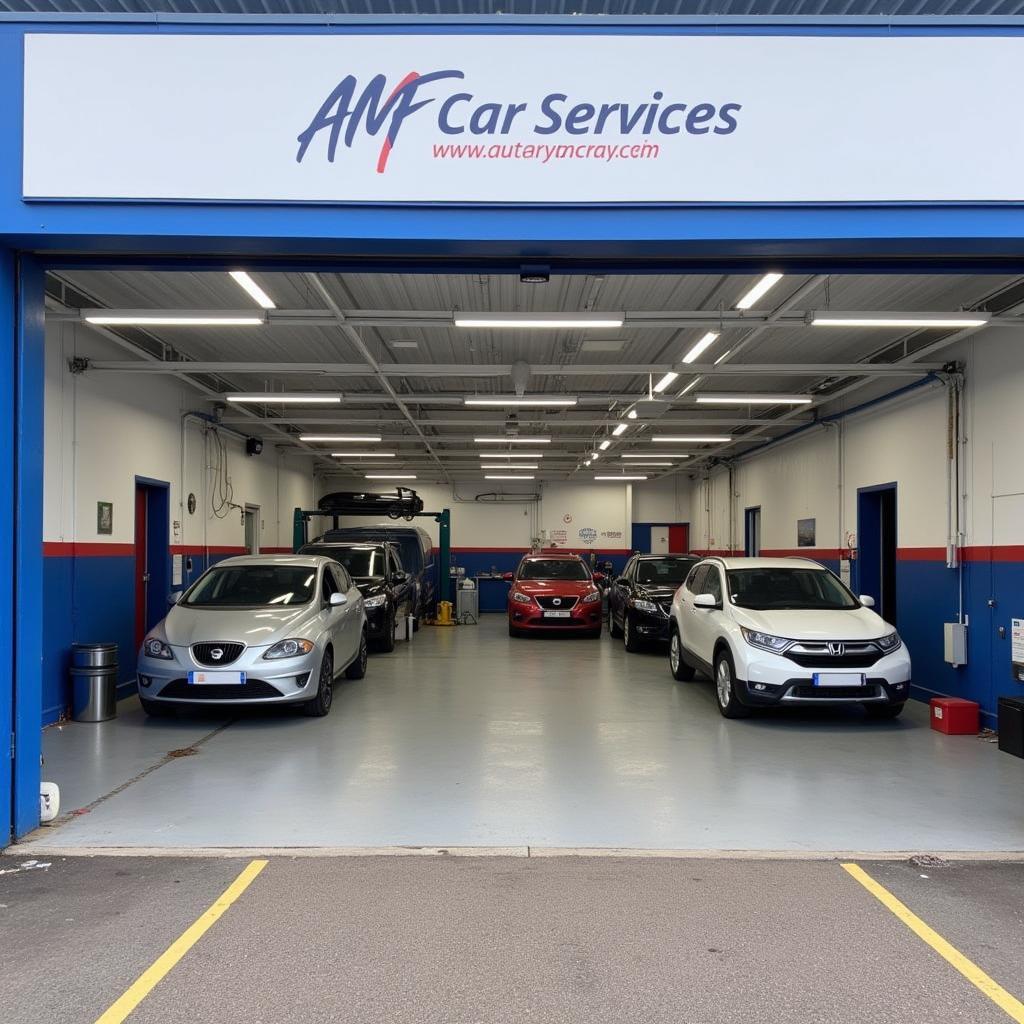What is Involved in a Car Service?
Maintaining your car through regular servicing is crucial for ensuring optimal performance, safety, and longevity. But what exactly does a car service entail? Essentially, it’s a comprehensive health check for your vehicle, designed to identify and address any potential issues before they escalate into major problems.
This article delves into the intricacies of a car service, outlining the procedures involved and emphasizing its importance.
Unpacking the Essentials: What a Car Service Encompasses
A car service encompasses a series of checks and adjustments performed by qualified mechanics to keep your car running smoothly. The extent of these checks can vary depending on the service type – interim, full, or major – but generally include:
-
Oil and Filter Change: Replacing used engine oil and the filter is essential for engine lubrication and preventing premature wear.
-
Fluid Level Inspection and Top Up: Mechanics check the levels and condition of vital fluids like coolant, brake fluid, power steering fluid, and windshield washer fluid, topping them up as necessary.
-
Tire Check: Mechanics inspect tire pressure, tread depth, and overall condition, advising on rotation or replacement if required.
-
Brake Inspection: This critical safety check involves examining brake pads, discs, lines, and fluid levels for wear and tear.
-
Battery Test: The battery’s voltage and charging capacity are tested to ensure its ability to start the engine reliably.
-
Lights Check: All exterior and interior lights are inspected for functionality and brightness.
-
Exhaust System Check: Mechanics look for any leaks, corrosion, or damage in the exhaust system, which can impact engine performance and emissions.
-
Steering and Suspension Check: This involves inspecting components like shock absorbers, springs, and linkages for wear and tear, ensuring a smooth and controlled ride.
 Car elevated on a lift for service
Car elevated on a lift for service
Different Strokes: Types of Car Services
The specific tasks performed during a car service can vary depending on the type of service:
-
Interim Service: Typically recommended every 6 months or 6,000 miles, this service covers essential checks and replacements, including an oil change, fluid top-ups, and basic visual inspections.
-
Full Service: More comprehensive than an interim service, this is recommended annually or every 12,000 miles. It involves a greater number of checks and adjustments, including those mentioned above, plus a more in-depth inspection of various components.
-
Major Service: The most comprehensive service package, usually recommended every 24,000 miles or 2 years, covers all aspects of a full service but includes more extensive checks and potential replacements, such as spark plugs, fuel filters, and timing belts.
Knowing how frequently car should be serviced depends on various factors like your car’s make, model, age, mileage, and driving conditions. Consulting your owner’s manual and seeking advice from a trusted mechanic is recommended for determining the optimal service schedule for your vehicle.
Why Car Service is Non-Negotiable: Benefits Beyond Basic Maintenance
Regular car servicing goes beyond simply keeping your car running; it offers a multitude of benefits that impact your safety, finances, and peace of mind:
-
Enhanced Safety: Regular checks ensure all safety-critical components like brakes, tires, and lights are in optimal condition, minimizing the risk of accidents.
-
Improved Fuel Efficiency: A well-maintained engine with clean oil and filters operates more efficiently, maximizing fuel economy and saving you money on gas.
-
Reduced Repair Costs: Identifying and addressing minor issues early on can prevent them from escalating into major problems requiring costly repairs.
-
Extended Vehicle Lifespan: Consistent maintenance significantly prolongs the life of your vehicle by preventing premature wear and tear on vital components.
“Think of regular car servicing as an investment, not an expense,” says John Smith, Senior Automotive Engineer at XYZ Auto. “It’s a proactive approach to car care that pays dividends in the long run.”
 Mechanic explaining a car service report
Mechanic explaining a car service report
Addressing Common Concerns: FAQs about Car Services
Here are answers to some frequently asked questions about car services:
1. Is it mandatory to get my car serviced?
While not legally required in many places, regular servicing is highly recommended to maintain your car’s warranty, safety, and performance.
2. Can I service my car myself?
While some basic maintenance tasks can be performed at home, it’s generally recommended to have your car serviced by qualified mechanics with the expertise and equipment for a thorough check.
3. What if I skip a car service?
Skipping a service might seem tempting to save money, but it can lead to more significant problems and costly repairs down the line.
4. How do I choose a reliable car service provider?
Look for reputable mechanics with positive customer reviews, transparent pricing, and qualified technicians.
Beyond the Basics: Exploring Further Aspects of Car Maintenance
Knowing [when do you need your car serviced](https://carserviceo.com/when-do you-need-your-car-serviced/) is as important as knowing what a service entails. Look for warning signs like unusual noises, warning lights on your dashboard, or changes in your car’s performance.
Remember, regular car servicing is an investment in your vehicle’s well-being and your peace of mind. It’s always better to be proactive than reactive when it comes to car maintenance.
For any questions or assistance with your car service needs, feel free to contact our 24/7 customer support team via WhatsApp: +1(641)206-8880, or Email: [email protected]. Our team is always happy to help.

